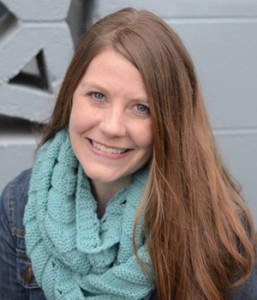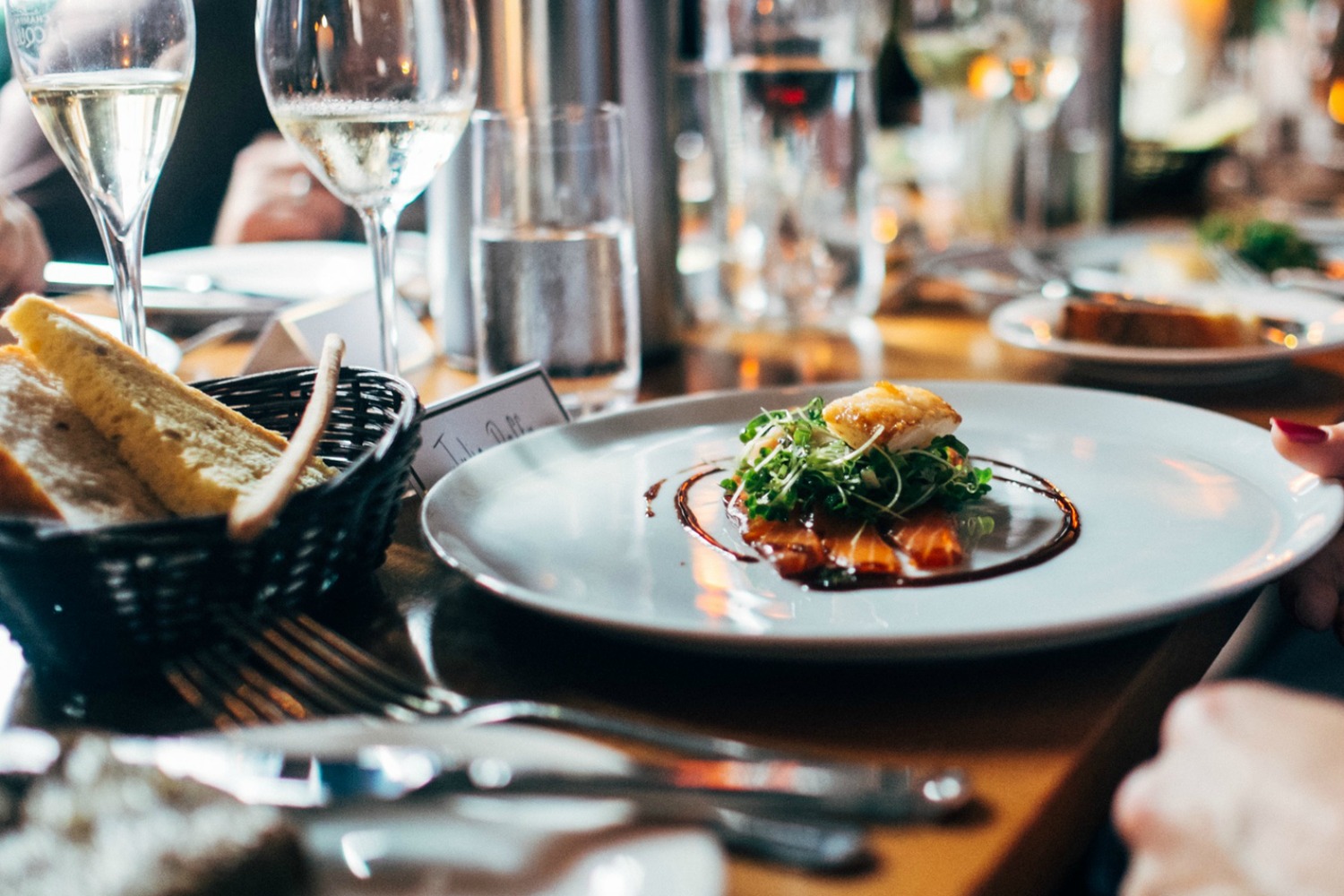On March 10-11, we are hosting Redeeming Food and Body, a two-day conference engaging our relationships with food, our bodies, and what health and wholeness look like through an integration of theology, therapy, and nutrition. The event’s interdisciplinary teaching staff will include a mental health therapist, a dietician, and a theologian, who will lead us in a vital and timely exploration of both our personal narratives of health and the broader cultural messages about health and wholeness. Here, Diane Summers, an Eating Disorders Dietitian at Hope Nutrition Therapy and a presenter at Redeeming Food and Body, writes about the painful connections between sexual abuse and the brutal, pervasive abuse of dieting.
We know the dynamics of sexual abuse. The abuser picks his target and begins the slow, calculated, and deliberate grooming of the victim, working within the victim’s areas of most tender needs and desires to create what feels to the victim like a caring and invested relationship. Then the initial violation occurs, such as a different type of touch. There is a switch. Something is happening that now doesn’t feel like the abuser is totally for the victim. The victim can’t get out and simultaneously doesn’t know what to do with the pleasure of arousal. Major violation follows, often repetitive. The shame, the victim’s sense that she caused it, the confusion around pleasure, and the belief that she has failed all cascade down upon her.
The correlation between sexual abuse and dieting is profound and far beyond what one article could give justice. Indeed, it could be a book. But we must first begin by looking at the vulnerability of an abuse history to then fall into a similar circumstance that is just as abusive: dieting. Here is what our culture says about your body, no matter your size or shape—the horror of the messages, however, does increase with size:
It is not enough; it is not perfect, flawless, magazine ready. It is wrong. And, there are many dieting endeavors, often cloaked by the industry as a “lifestyle change,” you could commit to that would resolve the wrongness of your body. The diet promises to help you feel good in your skin, get that job, find that love, and look beautiful. This program, plan, or group is your answer. This diet cares for you and wants you to have what you simply don’t. Tragically, this is the grooming and seduction of the abuser, the diet industry.

Diane Summers, RD, CEDRD
The madness begins. You decide on which program will make your body “right” and no longer “wrong.” You are excited, hopeful, and convinced this one will end differently than all the other diets, after all this is a diet like no other according to the marketing. The night before is the proverbial last supper on every food that will be limited, restricted, and avoided, and the pain of the binge is often not even felt because the hope of what is to come overshadows the already present disconnection from the body. As with sexual abuse, dieting requires an exiting from the body, dissociation from its communications with you.
At the start, the diet feels good—just like the abuser feels before the strike. You are in control, or so you think. This plan is helping you, or at least it feels that way. It has spoken your language and seduced you. The weight is beginning to drop. Then a shift happens; the pain of starvation, the struggle to eat socially and spontaneously, and the obsession with every food no longer allowed on the table all coincide with a metabolic shift for survival enacted to slow further weight loss and bam, you are done, along with 95-98% of dieters. As with almost every experience of sexual abuse, there is a quick movement into silence. So too is silence the outcome after the first non-allowed food is consumed, often in large portions due to the extended deprivation.
“It’s me. I couldn’t do it. I have failed.” Deep shame moves in like a thick fog, and weight often gravitates to a number higher than when you started. Your body is now more wrong according to culture than it was before. Your body feels more tainted than it was before. It seems as if your body cannot be trusted with food, pleasure, hunger, desire, appetite, and want. “Where to go…what to do. Who will help me? After all, it is I not the (abuser of the) diet who has failed.” The next book or plan hits the market and the cycle of abuse continues: grooming, dissociation, strike, shame, repeat.
How do we heal from abuse? It begins by naming it as abuse. Our dieting culture is insidious and abusive. Will we name it for what it is? Or will we continue to sit in the places of deep shame that bring violence to self and never call out the abuser for what he is?
This is a crucial conversation, and one that we rarely have the opportunity to engage in a way that invites our entire presence as spiritual, psychological, and physical beings. We hope you’ll join us March 10-11 at Redeeming Food and Body.

